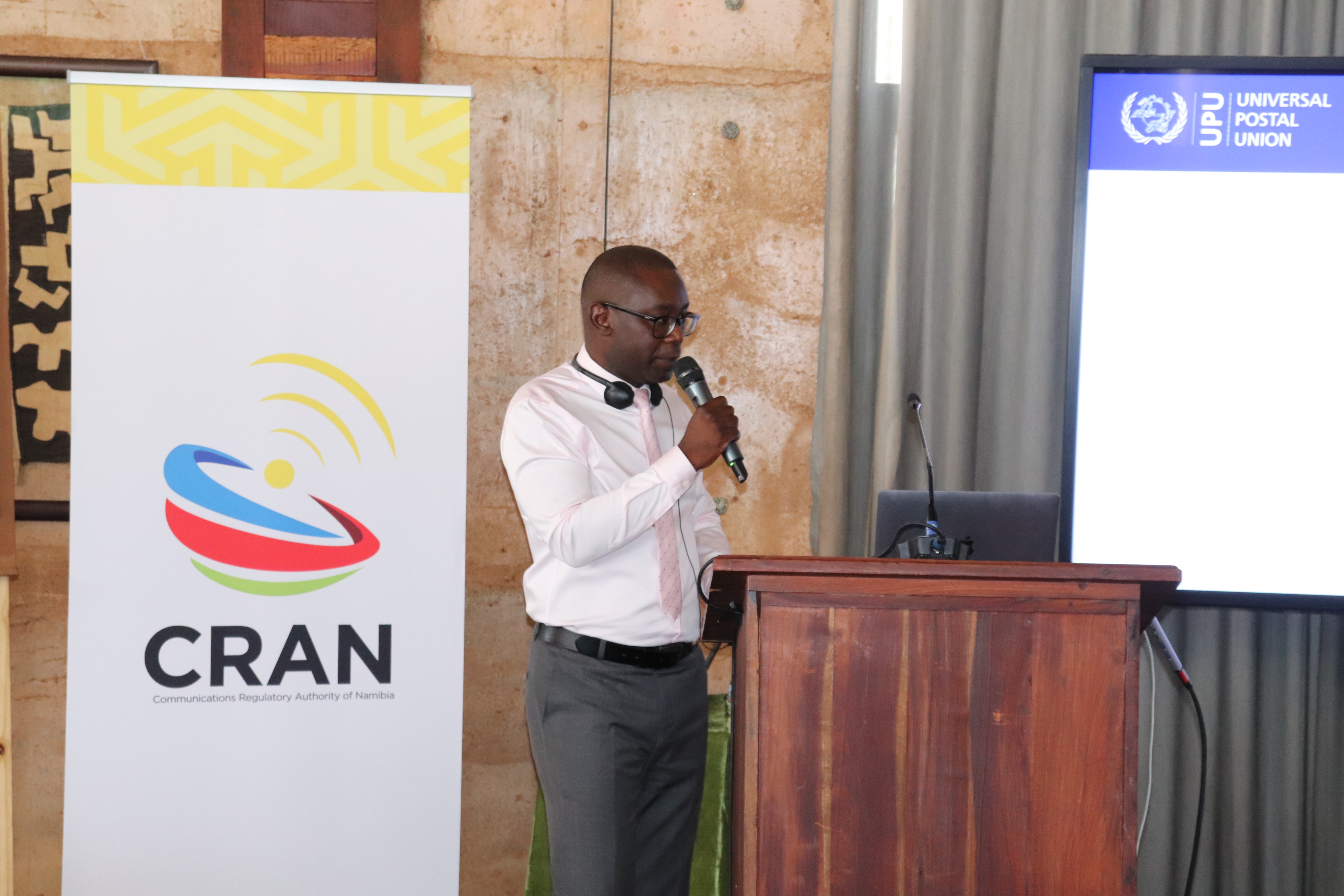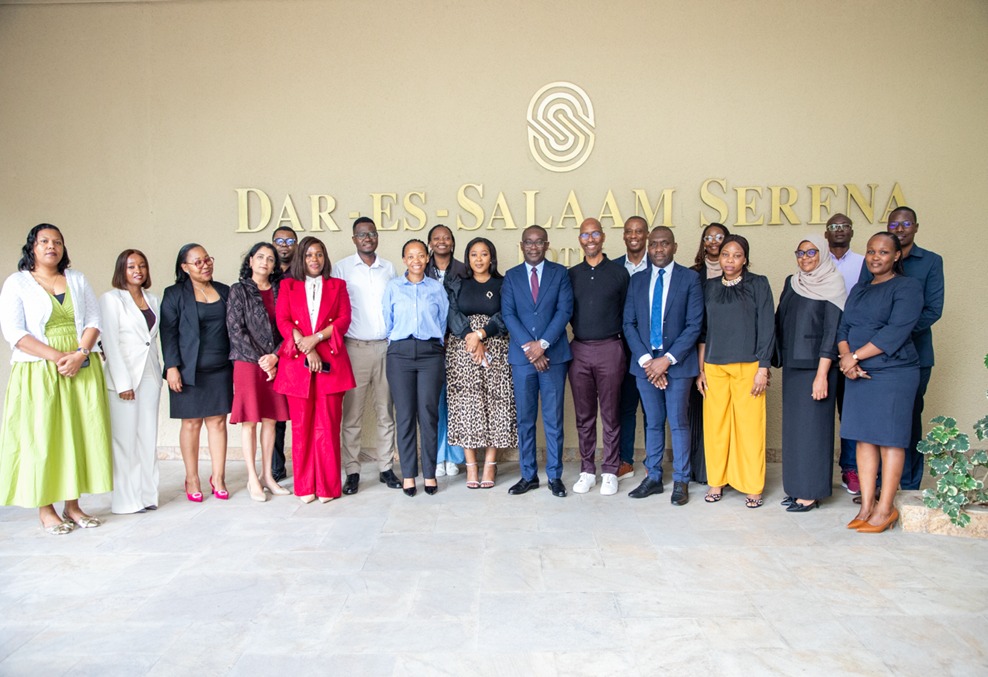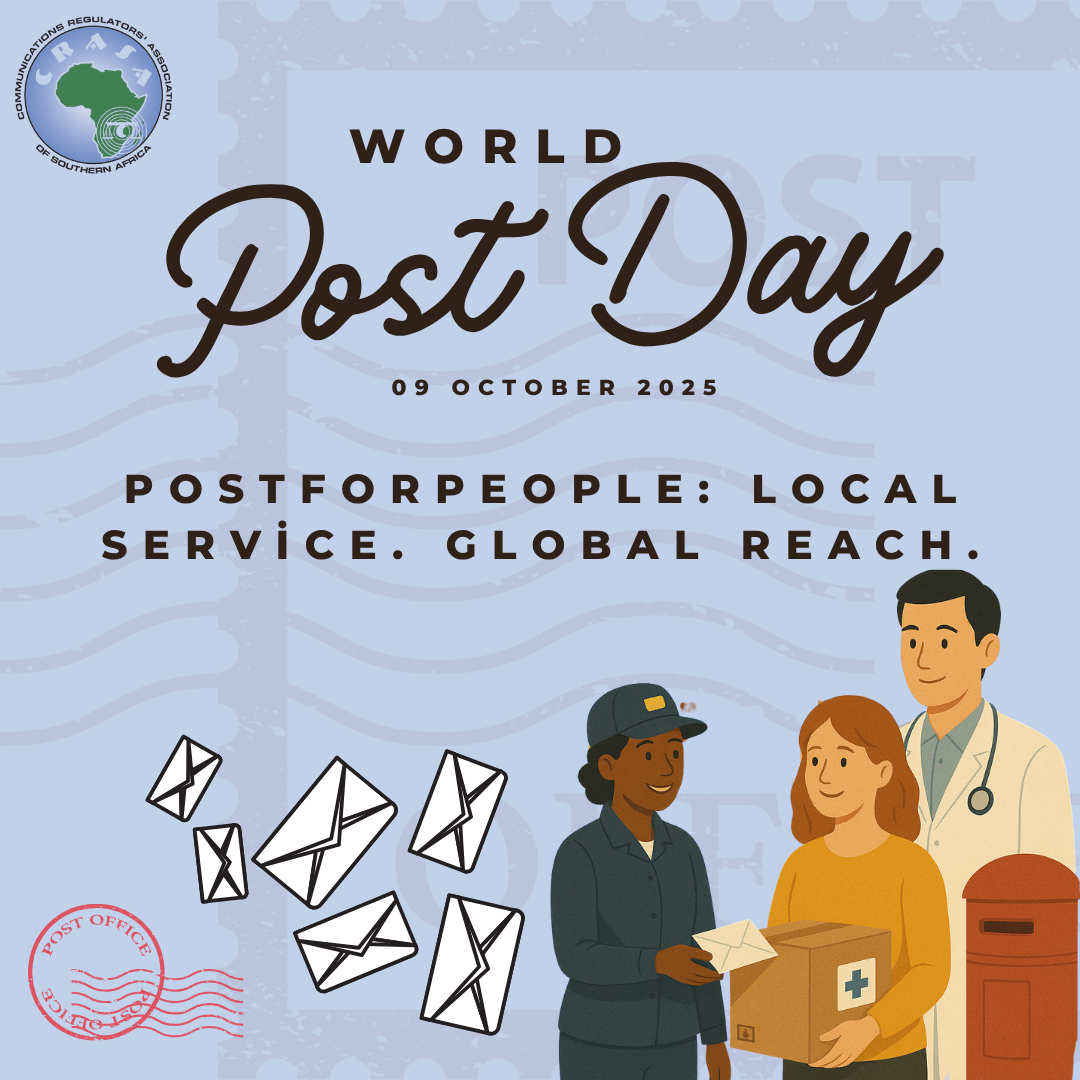COVID-19 is an extraordinary health crisis that has greatly shaken the whole world, sinking it into fear and uncertainty. It has greatly impacted economies, societies, employees, and organizations world-wide.This calamity started first in the city of Wuhan (China), which has witnessed in December 2019 the outbreak of severe acute respiratory syndrome coronavirus2 (SARS-CoV-2) that has known a fast spread propelling its status to a global pandemic on March 11, 2020, by the World Health Organization (WHO, 2020b).
The COVID-19 has shaken all organizations, creating a complex and challenging environment for all managers and human resource management (HRM) practitioners. Human Resources practitioners are working around the clock to find effective ways of ensuring continuity of their organisations and to help employees to adjust to the new working environment posed by this pandemic.
Given the rapid spread of the COVID-19 virus,countries applied several safety measures envisioned to reduce its spread, such as social distancing, lockdown, quarantine, schools, universities, nonessential businesses, and non-governmental organizations were temporarily closed. Travels were restricted; flights were cancelled, public gatherings as well as social events were banned.
The COVID-19 outbreak led to a significant slowdown in the world economic activities leading to shutdowns and redundancies. These unforeseen circumstances led to the increase in the unemployment rate in many countries.Therefore, this pandemic has obviously led to the emergence of a complex and challenging environment for managers and human resource management (HRM) practitioners who needed to find creative solutions to sustain their company's business and to help their employees to cope with the challenges of this unprecedented situation.
HOW COVID 19 AFFECTS WORKING CONDITIONS
Working conditions
Working conditions represent the basis of paid work and employment relationships, They cover a broad range of topics and issues,from working time (hours of work, rest periods, and work schedules) to remuneration, as well as the physical conditions and mental demands that exist in the workplace.
The COVID-19 crisis has drastically altered working conditions in organizations. To ensure business continuity, most organizations have moved to remote working, requiring their employees to work from home, these unexpected and drastic organizational changes represent significant challenges for managers and HRM practitioners.
The COVID-19 has shaken all organizations, creating a complex and challenging environment for all managers and human resource management (HRM) practitioners. Human Resources practitioners are working around the clock to find effective ways of ensuring continuity of their organisations and to help employees to adjust to the new working environment posed by this pandemic.
Physical presence in workplaces has been maintained with precise protection measures (e.g., social distancing and always wearing protection masks.) with the implementation of work schedules for different groups of employees The principal challenge, in this case, is to ensure the respect of these protection measures and to plan work schedules that consider employees' context.
Human Resources practitioners have faced major challenges, due to managing remote working, first, to ensure that employees on flexi time have the necessary tools to perform their job as remote working requires the availability of technological tools which will facilitate communication between employees and managers, such as Zoom, Microsoft remote desktop, team viewer, and Microsoft team that cannot be afforded by all organizations, considering that the financial capacity varies from one organization to another. Second, to ensure for the employees working from home effective communication, supervision,support and performance management.

COVID-19 UPDATE IN RELATION TO COMMUNICATIONS REGULATORS ASSOCIATION OF SOUTHERN AFRICA(CRASA) STAFF AS AT SEPTEMBER 2021
CRASA Secretariat is committed to follow all Covid-19 protocols set out by the host Country (Botswana) and World Health Organisation (WHO). CRASA procured masks for its employees as well as the sanitisers and thermometer. AllCRASA staff as well as an anyone who enters CRASA house is required to sanitise and check their body temperature as well as putting on a mask. Meetings are mostly conducting online, however, wherever necessary when physical meetings are required, the participants keep at least a distance of 1 meter and masks are kept on for the whole period of the meeting. Due to the small number of employees, all employees have their own offices and visitations are kept at a minimal.
In cases where an employee has flu-like symptoms, the employee is required by law to work at home and to test for COVID-19. This has also brought a requirement that all employees should have internet access at home.
CRASA staff worked remotely for a period of 7 weeks between the months of August and September 2021.







